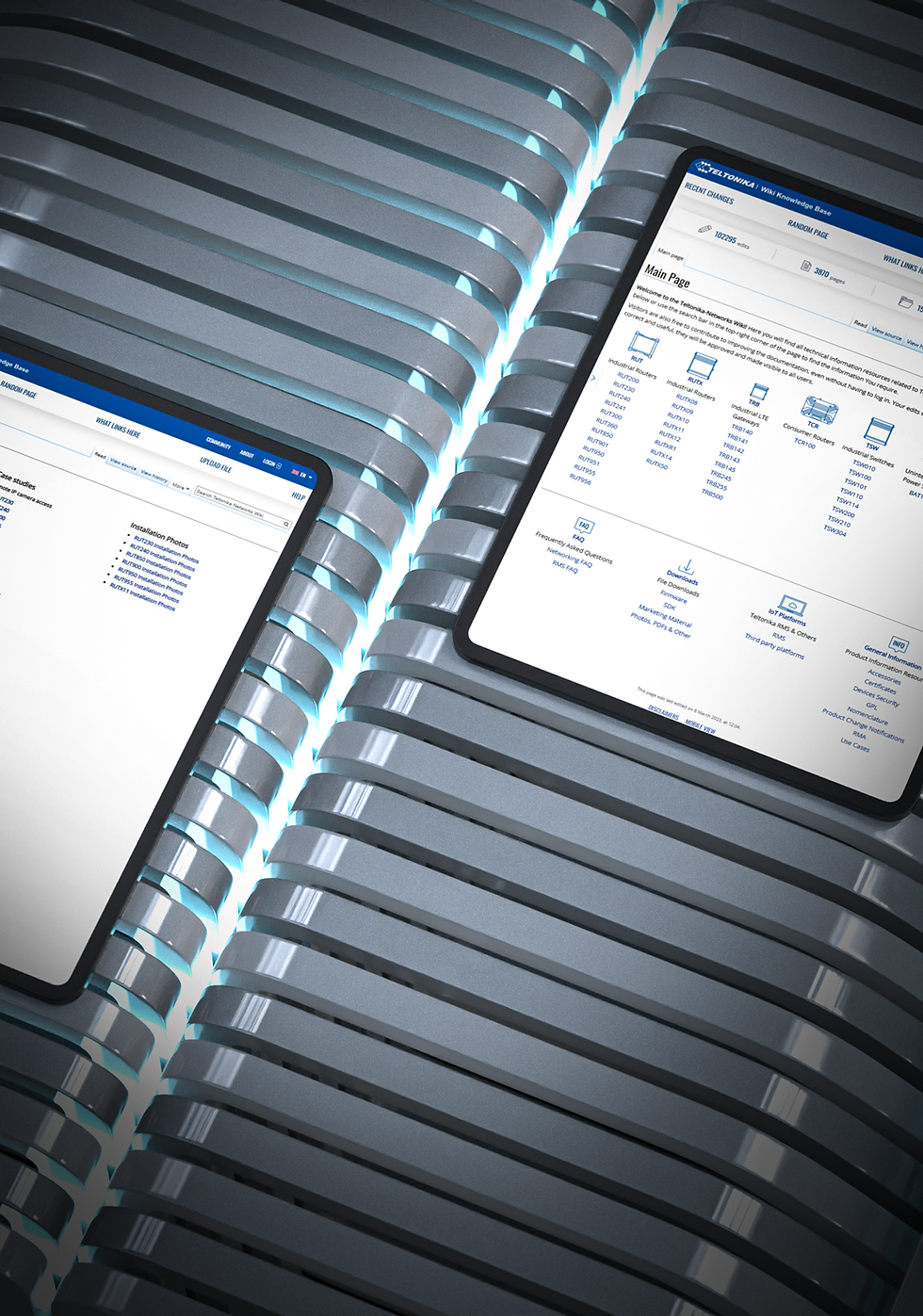TRB145
INDUSTRIELLES, ROBUSTES LTE RS485 GATEWAY
TRB145 ist ein unternehmenskritisches LTE Cat 1-Gateway, das mit einer RS485 Schnittstelle ausgestattet ist. Durch sein kompaktes Design und die einfache Installation eignet sich dieses Gateway perfekt für Anwendungen, bei denen ein einziges Gerät über die serielle RS485-Schnittstelle ferngesteuert werden muss.
KONNEKTIVITÄT
4G/LTE (Cat 1), 3G, 2G
KOMPAKTHEIT
Kleine Größe, einfache Installation
RS485
Ausgerüstet mit RS485 für die serielle Kommunikation
PROTOKOLLE
Kompatibel mit industriellen DNP3- und Modbus-Kommunikationsprotokollen
3D MODEL

PRODUKTGALERIE

EINFÜHRUNGSVIDEO
QSG VIDEO



MEHR FOTOS
features
downloads
Bestellung
support
Eigenschaften
Zertifikate
downloads
Bestellung
Unterstützung
Titel
Spec title
Spec text
Spec title
Spec text
Title
Spec title
Spec text
Spec title
Spec text




.png)





